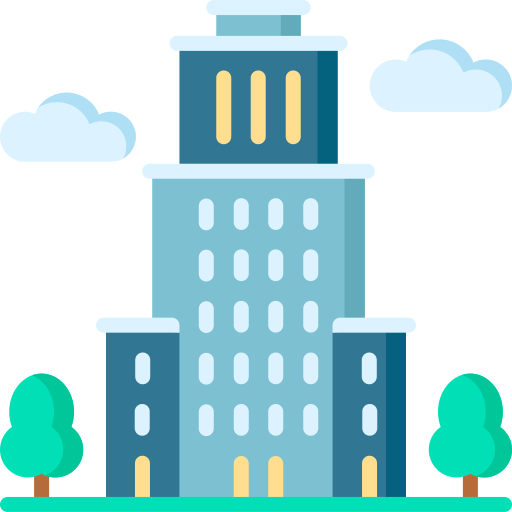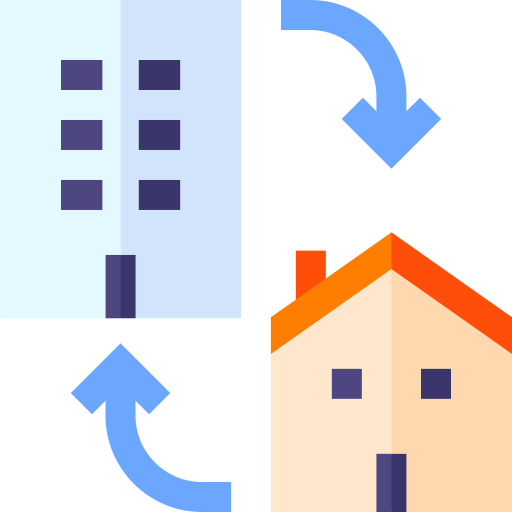
This logo isn't an ad or affiliate link. It's an organization that shares in our mission, and empowered the authors to share their insights in Byte form.
Rumie vets Bytes for compliance with our
Standards.
The organization is responsible for the completeness and reliability of the content.
Learn more
about how Rumie works with partners.
You're being interviewed and the interviewer asks, “What does your ideal workspace look like?”
What the interviewer is really asking is how well you will fit into the current culture, which affects whether you'll stay long-term. This is your chance to find a role where you can thrive, setting both you and your potential employer up for success.
What is a Workspace?
Before the Interview

Reflect on your ideal work environment. What made you feel most productive and fulfilled in past jobs? Make a list of what you did and didn’t like.
Read the job description, the organization's website, and if possible, the thoughts of their past or current employees. This research helps you get an idea of the work culture.
Based on the job description, revisit your list of priorities and decide how important each one is to you. Keep your preferences related to job performance and not about perks like free snacks. It’s best to set your priorities before and not during the interview, when you might feel like saying you could handle a situation that you later dislike.
Quiz
Which preferences would be appropriate to discuss in an interview? Select all that apply:
Team communication expectations and office layouts are both important considerations. The daily commute is something to research before the interview, and the window scenery doesn't relate to your ability to do the job well.
Example Answers
These examples apply to one aspect of the work environment (team collaboration) for on-site, remote, and hybrid work.
 On-Site
On-Site
I thrive in a collaborative environment where open communication is valued at all levels. Brainstorming with colleagues is a great way for me to generate ideas, but I also appreciate having dedicated quiet time to focus and complete those plans effectively.
 Remote
Remote
I work well on my own when I'm given clear expectations and the flexibility to organize my work so I can be most productive. I'm comfortable using email, project management software, and video conferencing to communicate, and I appreciate regular check-ins with the team.
 Hybrid
Hybrid
I enjoy the blend that a hybrid environment offers. The ability to collaborate with colleagues in person for brainstorming sessions and meetings is valuable, but I also appreciate the focus time that remote work provides.
During the Interview
Do ✔️
Explain what you enjoyed about your past job environments ("I work best when X.")
Connect your strengths with words from the job description ("I adapt well to a fast-paced environment.")
Listen for opportunities to express your flexibility ("I enjoy learning new software.")
Be clear about your preferences ("I focus best in quiet," or "I enjoy a team approach.")
Don't ❌
Criticize your past job or your potential future job ("I can't stand X.")
Appear resistant to feedback and collaboration ("I prefer hands-off management.")
Be too rigid about preferences that are nonessential for you ("I must have X.")
Be vague or dishonest ("The work environment doesn't matter much to me.")
You can follow up your answer by asking the interviewer for more details about the work environment.
Kassandra's Interview

In an interview, Kassandra is asked about her ideal work environment. How can she best communicate her preference for an environment where she will not be micromanaged?
A. "I prefer to work independently and to not feel like someone is looking over my shoulder — it hinders my creativity. I can only work somewhere where I’m free to manage my own projects."
B. "I wouldn’t thrive in an environment where I’m closely supervised. In a previous job, I was expected to update my progress notes daily and respond to emails outside of business hours. I’m looking for a culture that supports work-life boundaries."
C. "I prefer a work environment where I’m trusted to get the job done with minimal oversight. As long as I have clear deadlines and expectations, I'm most successful when I work independently."
D. "My preference is an environment where my supervisor is available when I need help, but I’m free to manage my schedule so I can be most productive. I value a culture that fosters trust and autonomy while also allowing for collaboration."
Quiz
How can Kassandra best communicate her preference?
Kassandra should avoid focusing on what she dislikes or sounding dismissive about collaboration, which could make a bad impression in an interview. She can mention the same issues but framed positively. Answer D shows her preference for autonomy and how her supervisor’s style helped her succeed in a past role.
Take Action

When describing your ideal work environment, your goal is to explain your needs in a way that aligns with the role and organizational culture.
This Byte has been authored by
Lucy Sotak
Instructional Designer | E-Learning Developer
Master's degree

